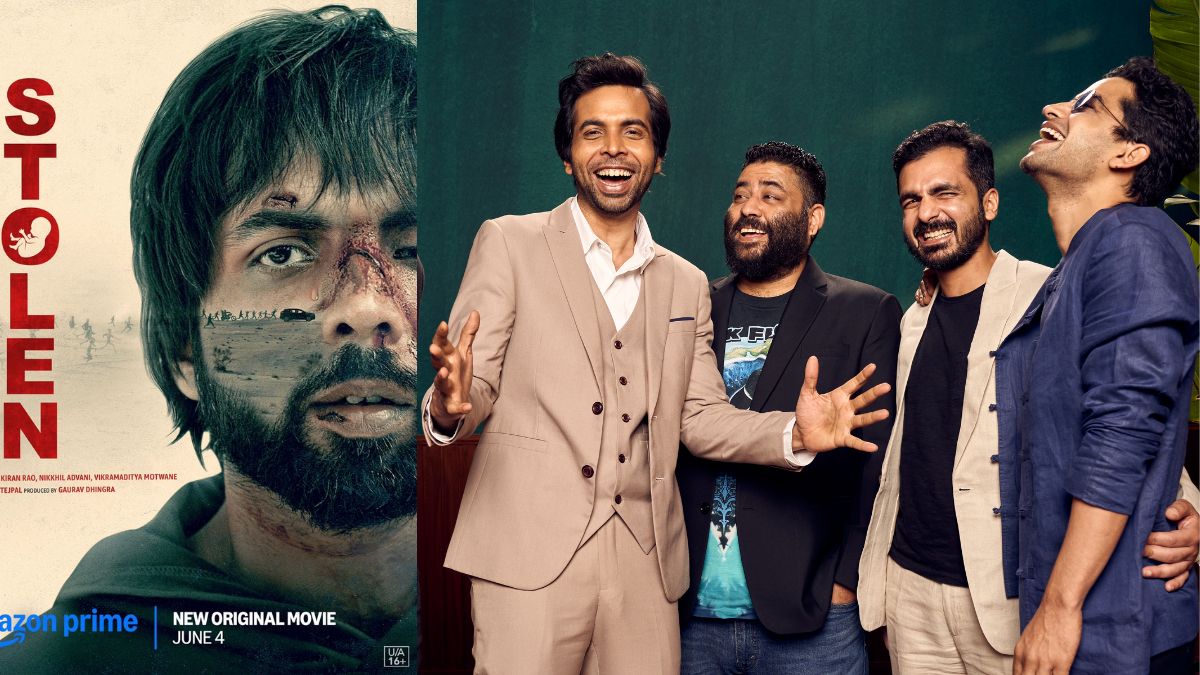When a baby vanishes from a train platform in rural India, what follows is not just a crime investigation—it’s a haunting reflection of how society treats its most vulnerable. Stolen, directed by debutant Karan Tejpal, is a taut and unsettling thriller that refuses to look away from the darkest corners of India’s social reality.
With minimal flash and maximum impact, Stolen uses a simple premise to unravel a web of class divide, fear, and human disconnection.
Plot: When Privilege Meets Pain
Two brothers—Gautam (Abhishek Banerjee), a detached tech entrepreneur, and Raman (Shubham Vardhan), a more grounded counterpart—are visiting a small town when they cross paths with Jhumpa Mahato (Mia Maelzer), a tribal woman whose infant child is stolen in broad daylight.
As tensions rise, the brothers find themselves thrust into a world they don’t understand—where privilege offers no protection, and suspicion lurks around every corner. What begins as a bystander moment soon spirals into a moral reckoning.
Themes: A Mirror to a Divided Society
At its core, Stolen is a study in contrasts—urban vs. rural, power vs. helplessness, silence vs. truth. The film strips away the comfort zone of the audience and places them in the middle of a community quick to point fingers and slow to listen.
It questions who gets believed in moments of crisis and who gets blamed. Tejpal doesn’t provide easy answers, and that’s what makes Stolen feel raw and real.
Performances: Understated and Powerful
Abhishek Banerjee delivers one of his most introspective performances to date. As Gautam, he moves from aloof observer to a man conflicted by guilt and awakening. Shubham Vardhan brings emotional depth, serving as a moral anchor in the chaos.
But the heart of the film lies with Mia Maelzer as Jhumpa. Her portrayal is quiet but devastating—she demands justice, but the system only sees her as a problem to be ignored.
Direction & Atmosphere: Tension You Can Feel
Karan Tejpal’s direction is subtle but razor-sharp. He doesn’t rely on over-the-top drama; instead, he builds dread with stillness, silence, and the weight of stares in a crowded village. The handheld cinematography adds urgency, while the sparse background score keeps emotions raw and close to the skin.
Verdict: A Film That Stays With You
Stolen is not your typical crime thriller. It’s slow-burning, uncomfortable, and heartbreakingly honest. It’s less about “whodunnit” and more about why we ignore cries for help—especially when they come from the margins of society.
This is not just a film to watch—it’s a film to feel. And one that will linger long after the credits roll.
Final Rating: ★★★★☆ (4/5)
A bold, thought-provoking debut that signals the arrival of a new voice in Indian cinema.
Read More: Bhairavam Box Office Collection and Review: A Power-Packed Performance or Missed Opportunity?








